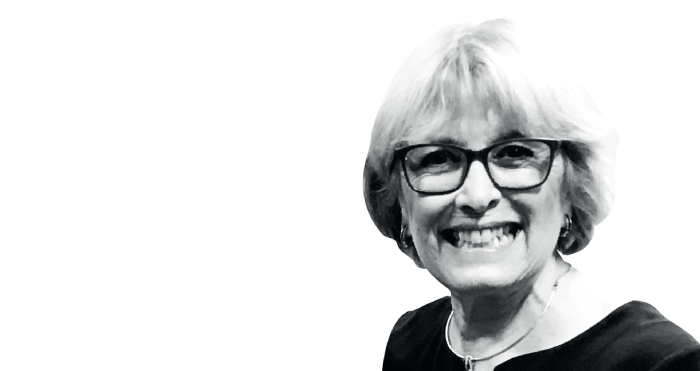
As we slowly emerge from the past 12 weeks of the COVID-19 crisis, it is time to reflect on how the lockdown – though essential to quash the virus – has impacted on those who live with Charles Bonnet Syndrome (CBS). We were already aware that stress, isolation, and fever cause an upsurge of CBS episodes – and lockdown has confirmed this beyond any doubt. The number of calls to my Helpline (answered on behalf of Esme’s Umbrella by the Eye Health Team at the RNIB) have doubled – in stark contrast to the fall in general eye health calls. And my inbox and social media channels have also been twice as busy.
Louise Gow, Specialist Lead for Eye Health at the RNIB, also confirmed a change that I had detected. She told me, “There are a greater number of people reporting hallucinations that are more frightening and realistic. They are having a difficult time working out that the hallucinations are not real.”
Not only is this causing great distress to the person living in a world of vivid, silent, visual hallucinations, but for relatives – unable to visit – it is particularly troubling. Perceived images of people in the house, gushing water or fire have caused many to call the emergency services and isolation rules have had to be broken by anxious relatives or friends. As we journeyed through lockdown, I received calls from people who confided their suicidal thoughts. Directing these calls to experienced helplines like Samaritans and The Silver Line, I discovered that I needed, first, to explain CBS. Another successful route I took was to refer people to The Macular Society’s group’s telephone counseling service, which was specifically set up for people living with CBS.
For many years, it was considered that CBS only developed in the elderly but, again, lockdown has confirmed what we already knew: children and young people are not exempt. Describing the change in his CBS, one young person told me, “My hallucinations have gone berserk.”
I suspect part of this new development is due to being confined in the house, with none of the usual stimuli available, but I wonder if the CBS episodes, which have shifted from annoying or upsetting to terrifying, will retreat back once the stress and isolation is lifted. Will those people who developed CBS during lockdown retain the condition? No one knows; it is yet another factor in the unravelling of this complex condition.
There are still far too many people who are not confiding in anyone about their hallucinations, and far too few GPs, hospital doctors, ophthalmologists, and optometrists who know about CBS. All my calls to patients’ GPs during lockdown to explain the condition were met with astonishment – but gratitude, too. Dominic ffytche of King’s College London, my medical advisor, estimates that there are at least 1 million people in the UK living with CBS. With the anxiety felt about visiting hospitals or clinics caused by COVID-19, the number of undetected and late-diagnosed eye conditions will add to this figure.
Sometimes, all someone needs is the reassurance that CBS is a recognized side effect of sight loss and not the beginning of a mental health condition. “It is like watching a beautiful gardening documentary,” one person told me. For others, disturbing images require much more support. My website (www.charlesbonnetsyndrome.uk) carries coping strategies and a printable explanation of CBS, which can be shown to the relevant healthcare professional. With great creativity, local low vision charities have morphed their Esme Room Support Group gatherings into “Esme’s Friends,” allowing people to chat together via video or audio calling.
The work of Esme’s Umbrella has resulted in a growing interest in CBS amongst the research community in the UK and Ireland. Delayed by COVID-19, these studies and research projects will be announced soon. The door on CBS research is wide open.
CBS is not “fanciful” nor caused by an “overactive imagination.” And it is not possible to “ignore it, until it goes away.” For the sake of everyone living with sight loss and those who will develop it, I would urge all healthcare professionals to educate themselves about Charles Bonnet Syndrome.
